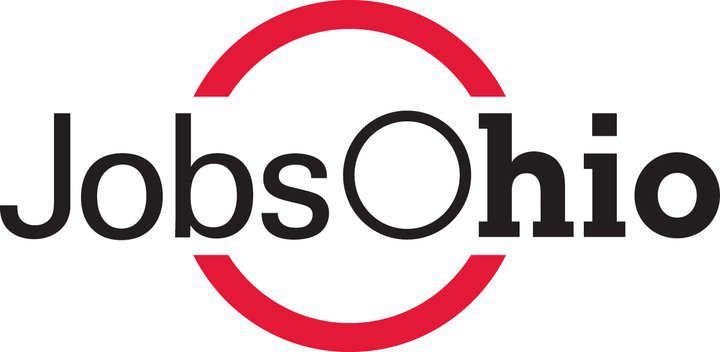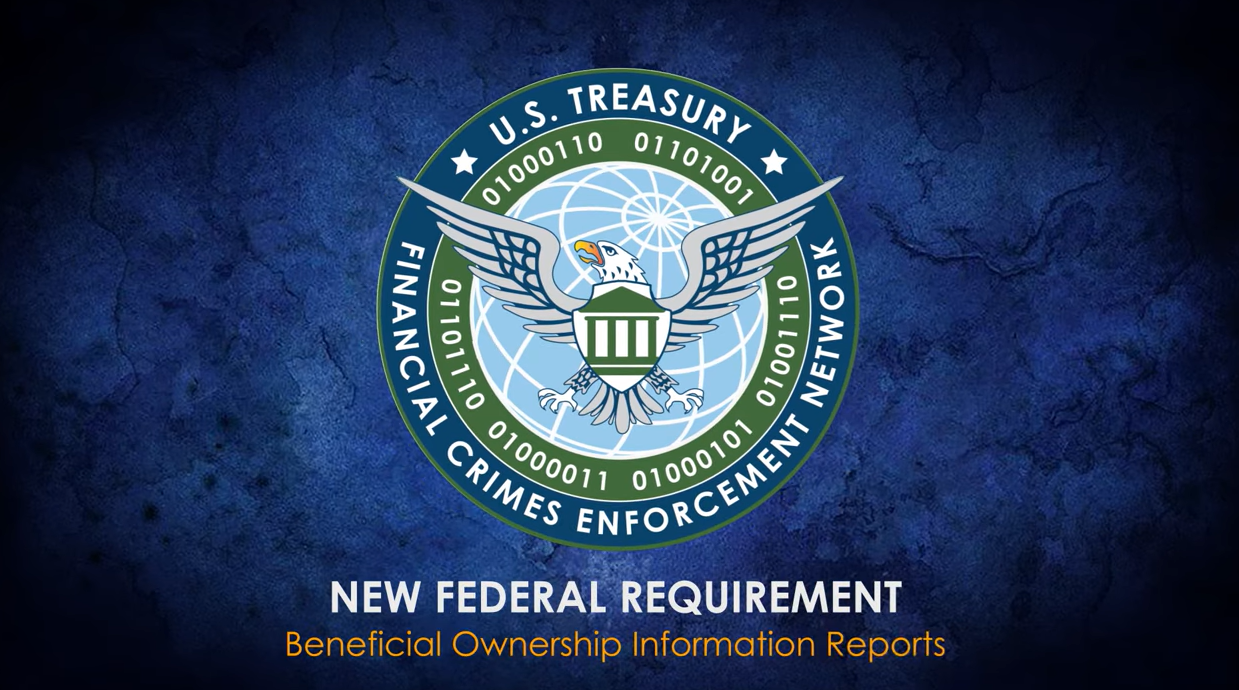As KPMG was auditing JobsOhio’s books last fall, the global auditing and consulting firm also was seeking $1 million in taxpayer money from JobsOhio for an unnamed client.
JobsOhio, the state’s privatized development agency, says that the grant request was handled separately from and without the knowledge of the firm’s auditing division. But some say the timing raises ethical questions.
The situation also exposes weaknesses in the laws creating Gov. John Kasich’s JobsOhio, because recipients of state aid are kept secret until the project is approved.
While saying he didn’t have enough information to “make a determination” on the propriety of this situation, state Auditor Dave Yost called it “concerning.” Noting that auditors face strict ethical guidelines, the auditor said, “Any time you have questions of independence in our business, it’s concerning.”
Laura Jones, a spokeswoman for JobsOhio, said KPMG LLP’s Columbus office conducted the audit, but the grant was sought by an out-of-state office.
“The fact that KPMG serves JobsOhio and countless other businesses … from the same office here in Columbus is not a conflict in our minds,” she said, adding that the state also monitors and ultimately approves taxpayer-funded incentives to companies.
As the state’s lead economic-development agency, Jobs-Ohio is charged with recommending financial incentives for companies seeking to locate in the state.
“Given those safeguards, the suggestion that Ohio should disqualify a company whose consultant has the same name as our auditing firm — and so deny Ohioans jobs — is truly shortsighted.”
KPMG was chosen by JobsOhio to conduct an audit required by law. On Nov. 5, about the time the audit was being conducted, KPMG also was listed on a sheet of eight pending grant commitments from the state for fiscal year 2013, according to a document obtained by The Dispatch through a public-records request.
JobsOhio officials said the record is confidential and the state released it by mistake.
Officials from the Kasich administration, JobsOhio and KPMG indicated that the grant was not for KPMG itself, but for an anonymous KPMG business client. A KPMG spokesman said only that “we’re confident we acted properly at all times. It would be inappropriate for us to comment further due to client confidentiality.”
Jones said the project involving KPMG died in March, meaning the client never received the funds. As one of the “big four” accounting firms, KPMG has 152,000 employees and offices in 156 countries and has joined the other large firms in expanding services to include tax and business consulting.
For example, the firm was hired last year by the Kasich administration for a $3.4 million study of the Ohio Turnpike.
But there are strict rules that prohibit a firm’s accountants from providing business advice, following the 2002 fall of Enron and its auditor, Arthur Andersen. There is also a vast and strict set of guidelines for accounting and auditing established by several national and global accounting trade organizations, such as the American Institute of Certified Public Accountants, which demand that members maintain “independence” and avoid conflicts of interest with clients.
“Independent auditors should not only be independent in fact; they should avoid situations that may lead outsiders to doubt their independence,” reads the AICPA’s standards for auditing.
“If you’re auditing a company, then the scenario is, you really never want to jeopardize your independence,” said David J. Leonard, past chairman of the global Institute of Management Accountants ethics committee. Leonard works for the Allegheny County Bar Association in Pittsburgh.
“The two KPMG branches doing this work, I am sure they never would collude on their own, and there was no connection,” said Jerry Esselstein, a certified public accountant who is teaching Ethical Challenges in the Accounting Profession this semester at Ohio State University. “The other question: Would JobsOhio see it as undue pressure on them? That’s a question I just can’t answer.”
Because of Ohio laws established in relation to the creation of JobsOhio, recipients of state aid are withheld from the public until the state ultimately approves the project. Without the document mistakenly being given to The Dispatch which listed KPMG’s work as a consultant, the company’s involvement in the grant request might never have been known, because the ultimate recipient would have been named at the time of approval.
KPMG’s involvement also would not have been uncovered in the audit Yost currently is conducting of JobsOhio, because Yost’s work will only cover materials through June 30, 2012.
Yost, who publicly fought with Kasich and JobsOhio for access to the agency’s private financial records to conduct a full audit, said he is in ongoing negotiations with JobsOhio for access to the same information in future years.
Yost, who is essentially checking KPMG’s audit of JobsOhio, said he would be more likely to examine whether a conflict of interest had arisen, rather than whether KPMG had maintained independence in its audit.
“Broadly speaking, that’s a matter that I would expect to be reviewed as part of our review of compliance and controls in an audit,” Yost said. “We do look at conflict-of-interest issues in normal course of business.”
jvardon@dispatch.com
@joevardon
Copyright 2013 – The Columbus Dispatch, Ohio
Thanks for reading CPA Practice Advisor!
Subscribe Already registered? Log In
Need more information? Read the FAQs
Tags: Firm Management




